
doi.org/10.1093/nc/n...

doi.org/10.1093/nc/n...

doi.org/10.1093/nc/n...
(Via melbird3 on TikTok)
(Via melbird3 on TikTok)
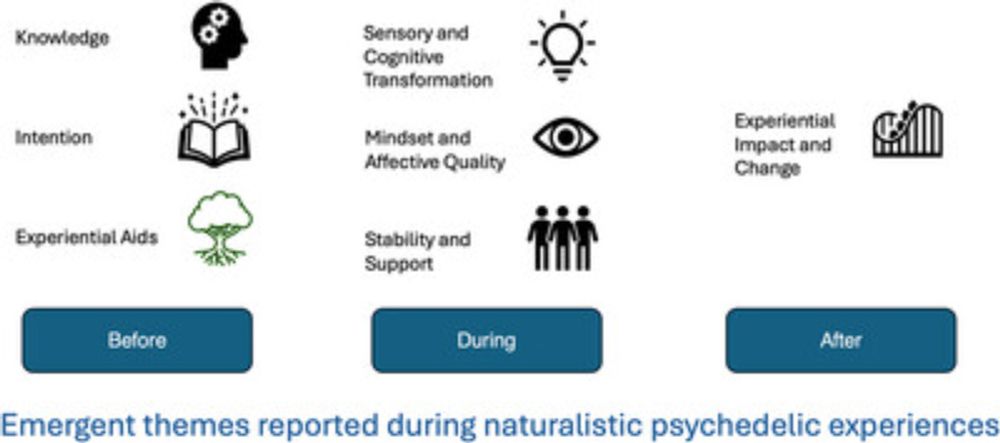
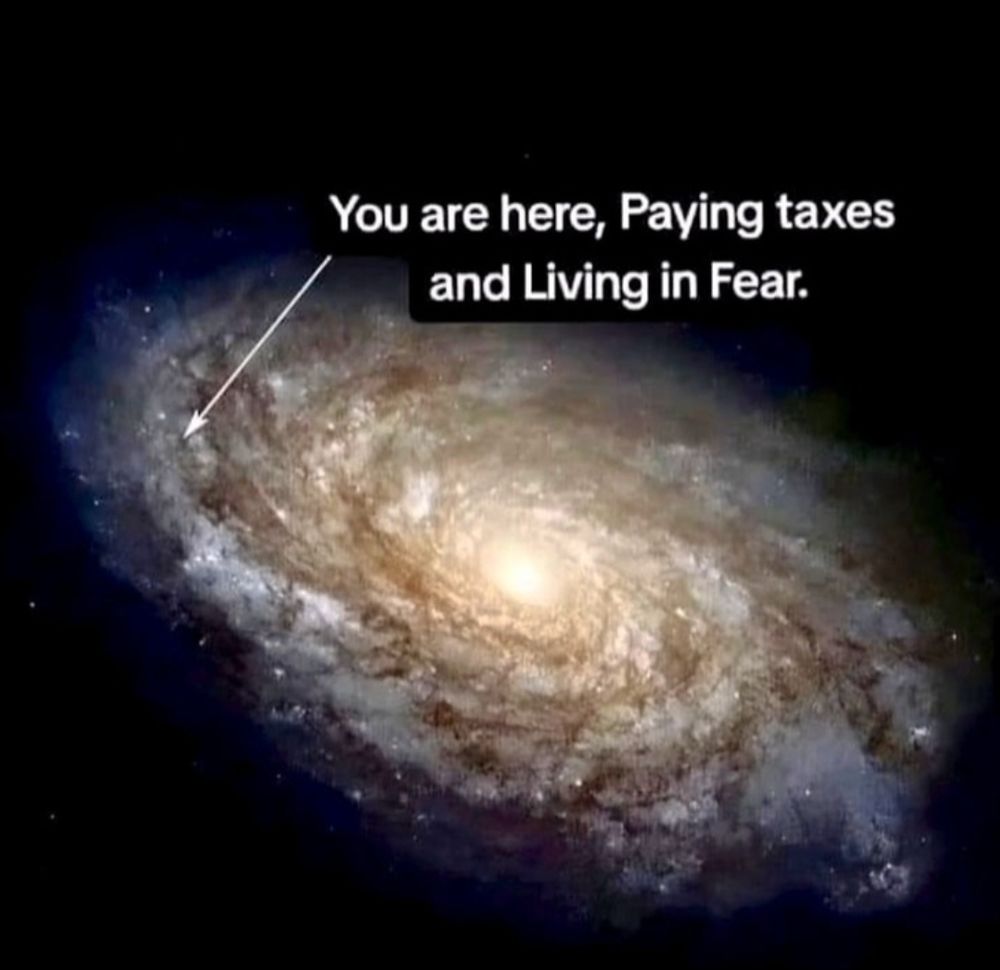
@lenaedibrainz.bsky.social
surveying Aussie GP's psychologists, and psychiatrists attitudes towards psychedelic therapy. doi.org/10.1177/0004...
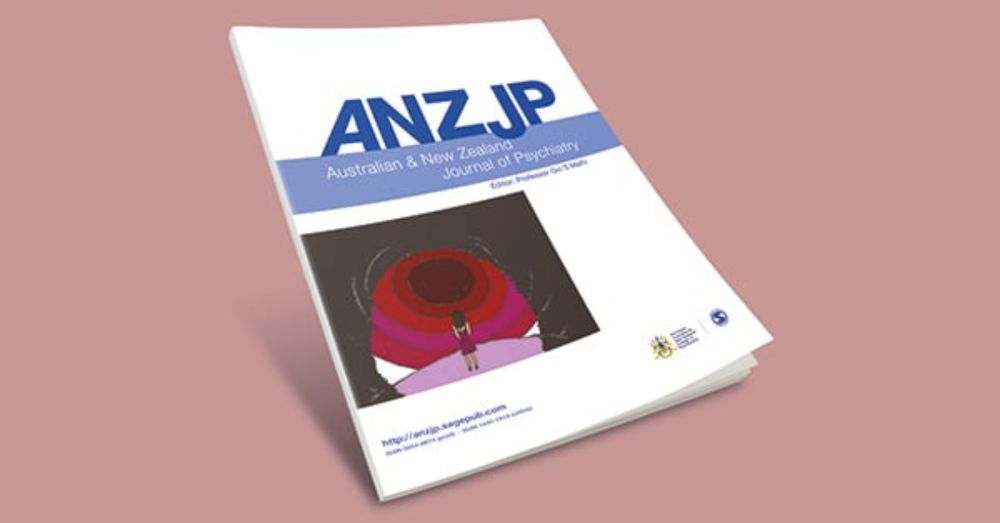
@lenaedibrainz.bsky.social
surveying Aussie GP's psychologists, and psychiatrists attitudes towards psychedelic therapy. doi.org/10.1177/0004...
There is now a culturally decentered Spanish APEQ version designed to work equally well across the Spanish-speaking world:
www.sciencedirect.com/science/arti...
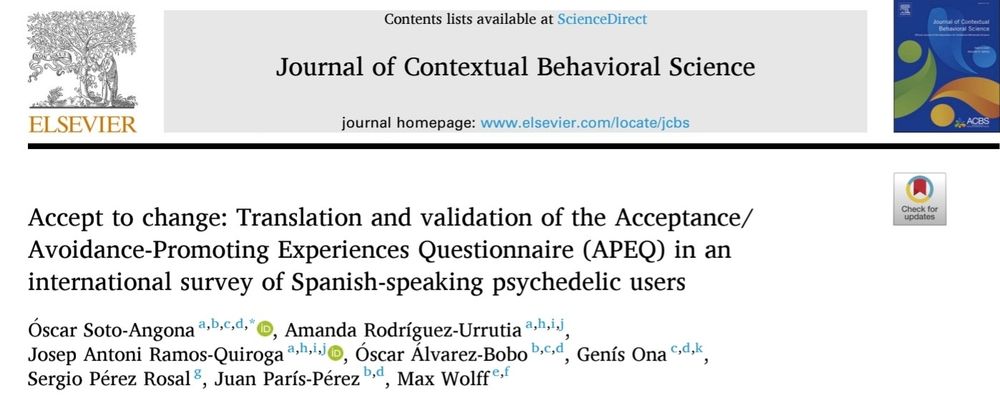
There is now a culturally decentered Spanish APEQ version designed to work equally well across the Spanish-speaking world:
www.sciencedirect.com/science/arti...
🖥️ 12 weeks, fully online, starts late July
🌏 Open to anyone with an undergrad degree
More info and enrol here:
👉 www.monash.edu/psychedelic-...
📧 [email protected]
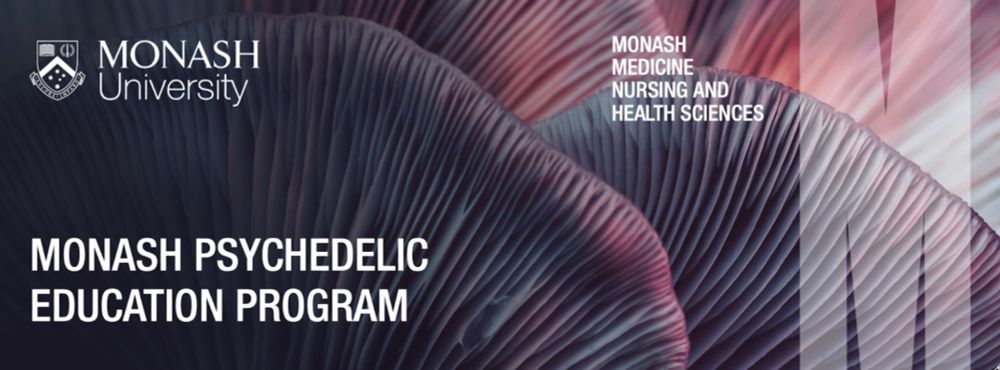
🖥️ 12 weeks, fully online, starts late July
🌏 Open to anyone with an undergrad degree
More info and enrol here:
👉 www.monash.edu/psychedelic-...
📧 [email protected]
Very excited to share the 2024 edition of Psychedelic Alpha's Interdisciplinary Annotated Psychedelic Research Bibliography, by @michaelhaichin.bsky.social.
psychedelicalpha.com/news/the-int...
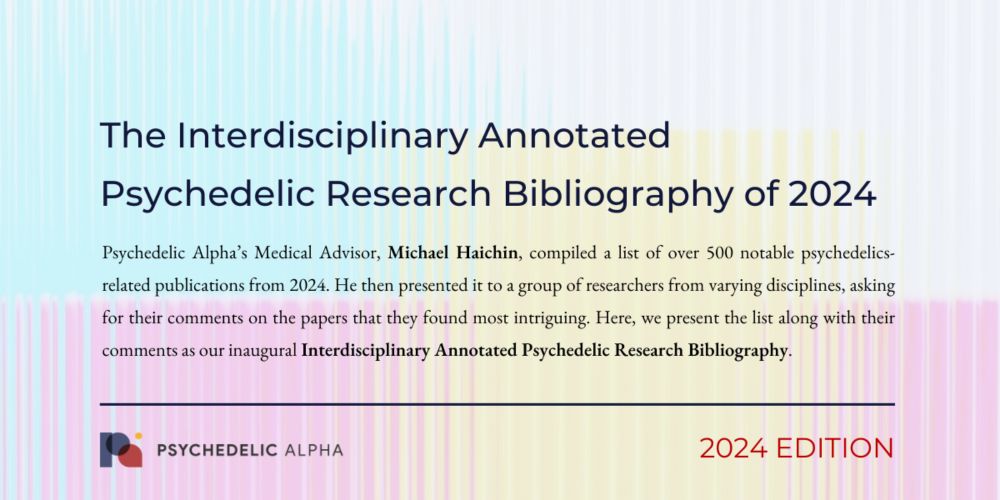
open.substack.com/pub/michaeli...

https://go.nature.com/41YLmhC
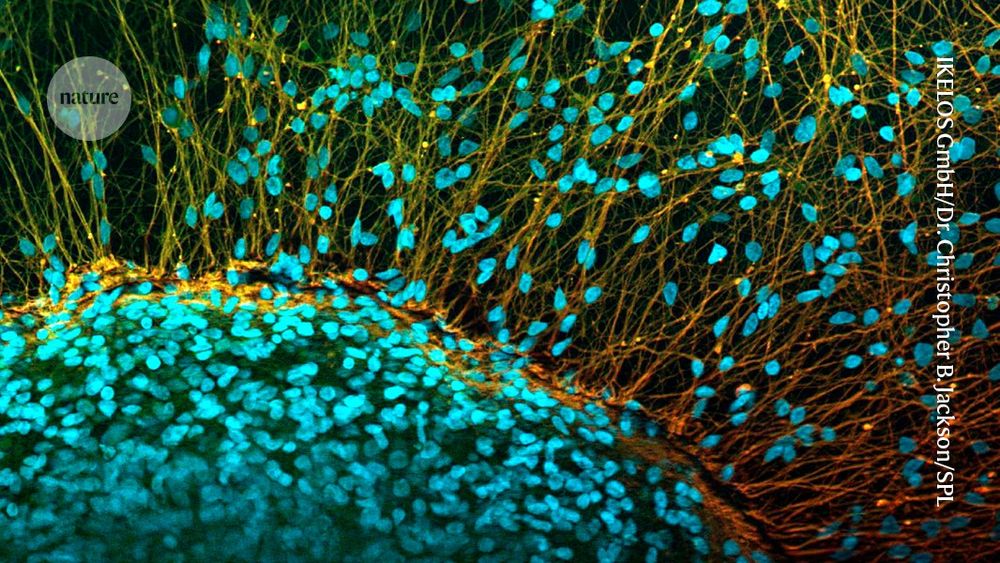
https://go.nature.com/41YLmhC
Thanks for having me Lynn :)
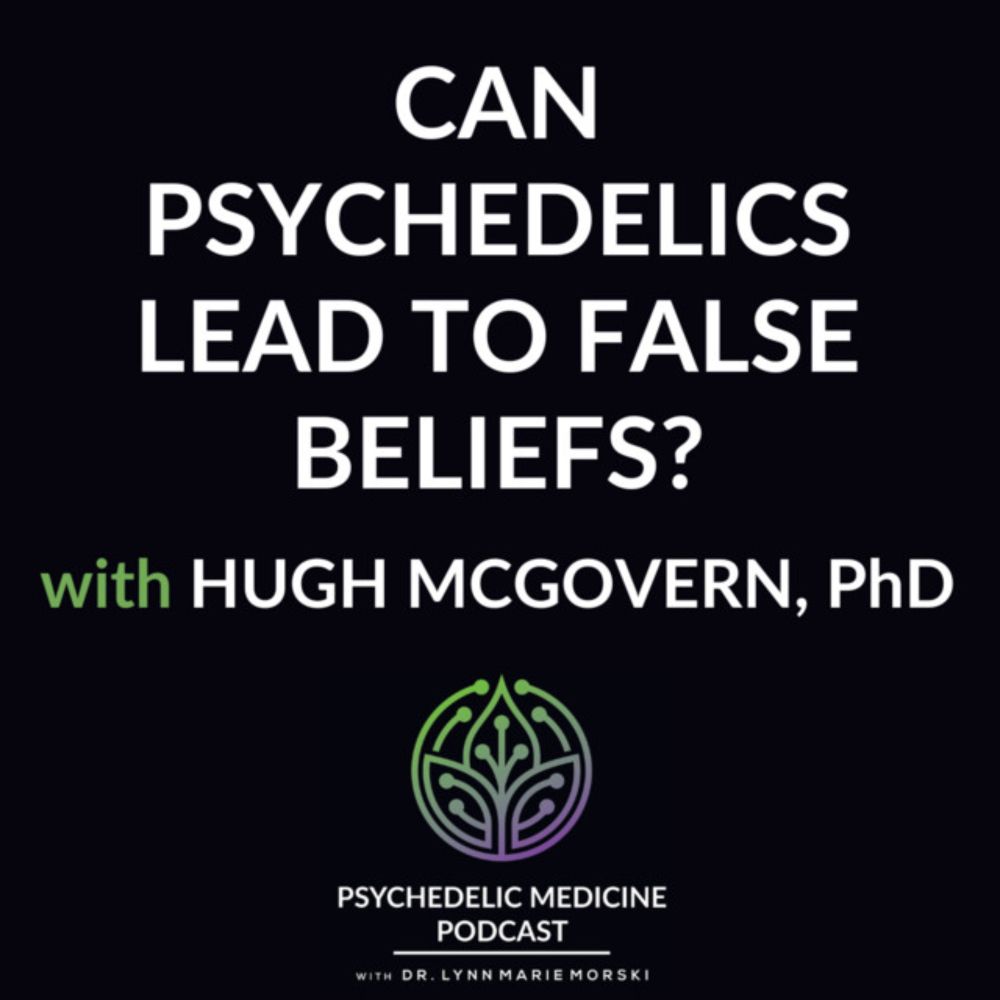
Thanks for having me Lynn :)

Thanks for having me Lynn :)


cairnmillar.syd1.qualtrics.com/jfe/form/SV_...

cairnmillar.syd1.qualtrics.com/jfe/form/SV_...

#psychedelics #philosophy #psychology

#psychedelics #philosophy #psychology
I know nuance doesn't survive social media well, but it's worth striving for kindness first...
I know nuance doesn't survive social media well, but it's worth striving for kindness first...

Thankful for the invite to to collaborate, together with @trpwolff.bsky.social, @mattbagg.bsky.social and others.
osf.io/preprints/ps... 🧪🧠💊

Thankful for the invite to to collaborate, together with @trpwolff.bsky.social, @mattbagg.bsky.social and others.
osf.io/preprints/ps... 🧪🧠💊

